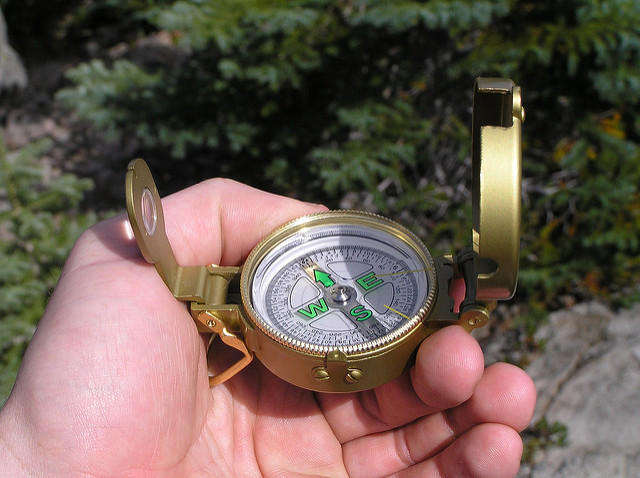The National Disability Scheme (NDIS) promises a new era in disability supports. It aims to provide Australians choice and control over their NDIS plans and how their funds are spent to lead fulfilling lives.
But securing the right plan which delivers on NDIS promises depends on how well you understand and navigate the NDIS, as well as how well you prepare for your critical planning meeting.
To be eligible for NDIS, you need to meet certain criteria. Supports funded by the NDIS must be:
- Reasonable and necessary
- Help you work towards your goals
- Foster greater independence
- Be evidence based
- Represent value for money
The supports you seek will also need to fall under specific areas and categories.
In Part One of a special Hearth series, we explain some of these key criteria and concepts which underpin the NDIS.
The series is based on insights provided by disability sector experts at the NDIS Q & A Forum organised by Hearth at Glenallen School in Victoria on November 27th, 2017.
Reasonable and Necessary
The NDIS will fund supports for you if they are considered to be reasonable and necessary in helping you reach your goals, objectives and aspiration as well as undertaking activities to enable your social and economic participation.
If there are items (e.g food or a bike for a child) that most Australians would pay for as part of everyday living, then it will not be considered reasonable and necessary that these are funded under NDIS.
If extra supports are needed allowing a disabled individual to participate at home and community, it would be considered reasonable that the extra support is funded under NDIS. Examples include modifications to a home, bike, communications equipment or someone to help attend swimming lessons, gym or holidays.
Mobile devices such as Ipad will not be funded. But applications (Apps) which are considered necessary for participation at home and in community can be funded.
Core support

NDIS support is arranged into three key areas. Core supports is one of these and refers to all the supports you need that involve day to day life. They include the supports needed from the time you get up, to the time you go to bed, as well as during the night. They include assistance with daily life, transport, consumables and assistance with social and community participation.
There is flexibility in how you can use core support funding. You can use this funding across a whole range of purposes listed in this category.
Capital support
Capital support includes assistive technologies such as items for mobility, bathing and toileting equipment, vehicle and home modifications, personal readers and vision equipment.
Compared to the flexibility in use of “core” support funds, there is less flexibility in how you use funding provided for “capital” support. You can only use the funds for the purpose and “line item” stated in your approved plan. For example, transport funding can only be used for transport.
Capacity building support

The NDIS will fund some supports which build your independence and skills. They are supports which help you:
- work towards becoming as independent as possible to participate at home and in the community
- Navigate life in a way which suits you (see next section on Choice and Control )
- Learn skills so you require less support I n the future.
To show that you will indeed build capacity with this support, you will need to demonstrate progress you are making or will make. So, if you are receiving support in an area (e.g physiotherapy, finances, daily life skills, community participation) you will be expected to build skills and make progress in this area. You will need to demonstrate and report on this progress.
Choice and Control
Under NDIS you can choose support providers who work for you and meet your needs.
This in contrast to the previous approach where government funding was provided to organisations providing disability services. The organisations then decided where the funding was used and the types of services they would provide.
Under NDIS, when you receive your approved support plan, you can choose your own source of disability support to provide the services you are entitled to.
You can find the providers yourself and/or seek guidance from a Local Area Coordinator (LAC), a Support Coordinator or an Early Childhood Partner.
In the meantime, your funding will be held in trust for you by the Federal Government so that you can access the services that you need from your provider of choice.
Informal Supports
The support you receive from the NDIS will take into account the supports you are dependent upon. There are two ways these supports are referred to.
Informal supports are those which you receive and that you don’t pay for. This includes anything that you do not pay for such as assistance from family, friends, carers, networks and the community.
Formal Supports
This includes supports which are funded through a current scheme or an ISP package or any other formal funding stream. These include Medicare and funding for children in education setting.
More details about the National Disability Insurance Scheme available on the NDIS website: https://www.ndis.gov.au
Special thanks to Sarina Bunnett (Melba Services), Diane Gow (Wavlink), Angela Cotter (Glenallen School) Matthew Yates (CPEC).


